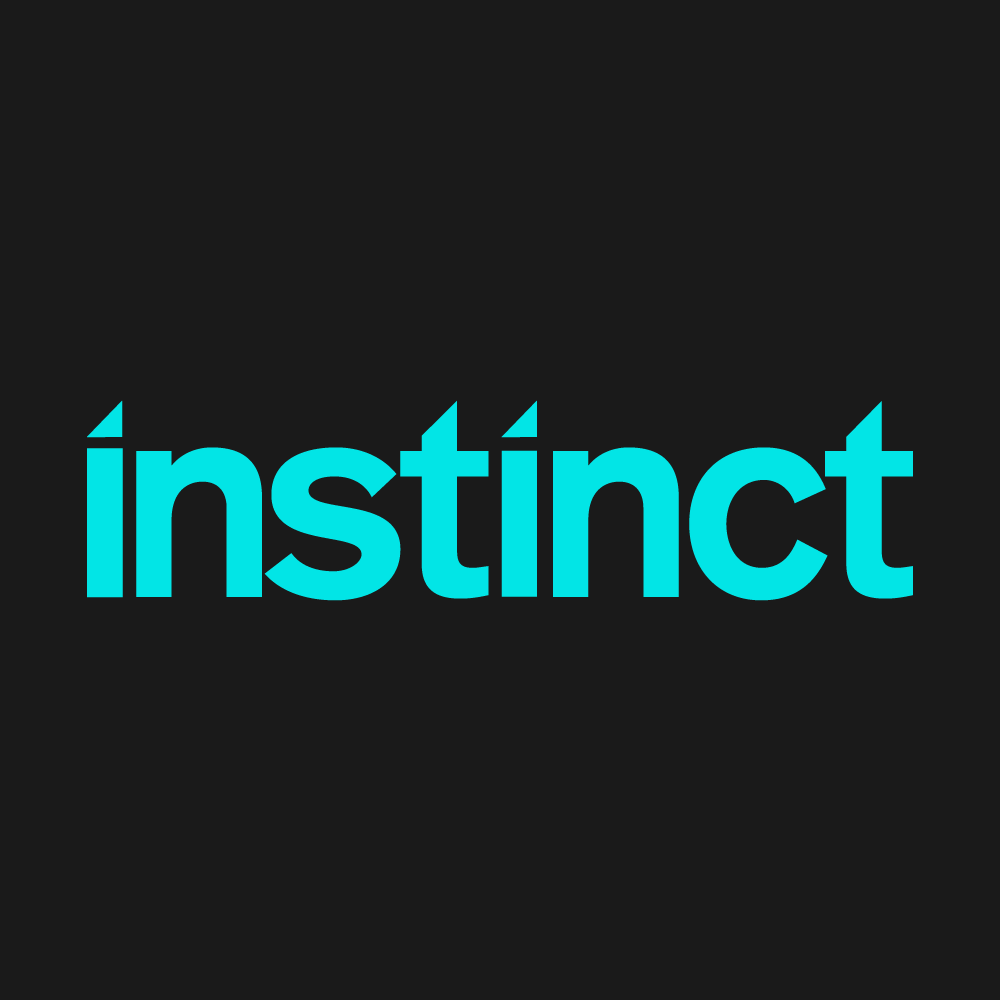Your hiring process could be the key to your business success.
Getting your process wrong can mean hiring the wrong person for your team and missing out on that perfect candidate.
So how can you make sure that you maximise your hiring process, ensuring that you make the right decisions?
Being specialists in digital learning recruitment means we understand the complexities that come with finding the perfect candidate for the job. The hiring process has evolved and to be viewed as an employer of choice, you need to keep up.
With candidate experience becoming increasingly important; emphasis has been given to both the length of the process, and response time between the application and final decision.
The screening
An initial phone, or video call to screen candidates could save both parties a lot of time. This stage not only ensures the individual fits your requirements - but that your role meets the candidate’s expectations.
If you are working with an experienced recruiter they should have already spoken to the candidate on your behalf, however, this is not to say you won’t want to conduct this stage yourself.
The interview
You’ve whittled down the CVs, chosen the candidates who demonstrate the attributes and experience you are looking for - but what next?
When at interview (face to face or digitally) it is important to look past the piece of paper. Now is the chance to ask those questions which get “under the skin” of the candidate.
The aim is to understand whether the individual really knows their stuff by asking testing questions and requesting examples from their previous positions.
Including others in your interview is recommended, especially those who will be working closely with the potential employee - they may have a different perspective on the candidate.
The fit
It’s vitally important to see whether the candidate fits into the company culture – what motivates them in life? What management style do they prefer? How do they work within a team setting?
It is important to establish whether a long-lasting relationship between the candidate and the organisation can be made.
Testing
We would recommend testing applicants in the skills that are required for the role. A portfolio can enhance a candidate’s application however a relevant test can really help reveal who is perfect for the role.
Note - tests should not take longer than a couple of hours if to be completed prior to the interview. Longer than this can cause candidate’s to withdraw from processes.
The Offer
You have found the candidate who fits perfectly both technical and culturally. You should have a clear understanding of their salary and package requirements. This is not the time to save money! Presenting an “under offer” can torpedo the whole process and leave the candidate with a sour taste.
Where possible work with your Consultant to deliver an offer that is going to be accepted.
Aftercare
The candidate has accepted and you are getting busy sorting out desking, IT, training etc.
But, we advise that you don’t lose touch with your new employee while they are serving their notice period. Even if you have used a Consultant, it’s important for you to stay in contact. Invite them into the office to meet their new colleagues, let them know about upcoming socials and arrange regular catch ups. It shows you care and what they can expect from working with you.
Timescales
Underpinning the whole process is getting it done in a timely manner. Why miss out on a new employee, who could be the answer to your problems, by being too slow?
Feedback on CVs within 48 hours, arrange first stage interviews that week, arrange second stage interviews the following week. Get everything wrapped up in 2 weeks!
For contract positions, which are generally more fluid, we suggest that a week is the maximum a process should take.
The last thing you want to do is start the whole process again……



